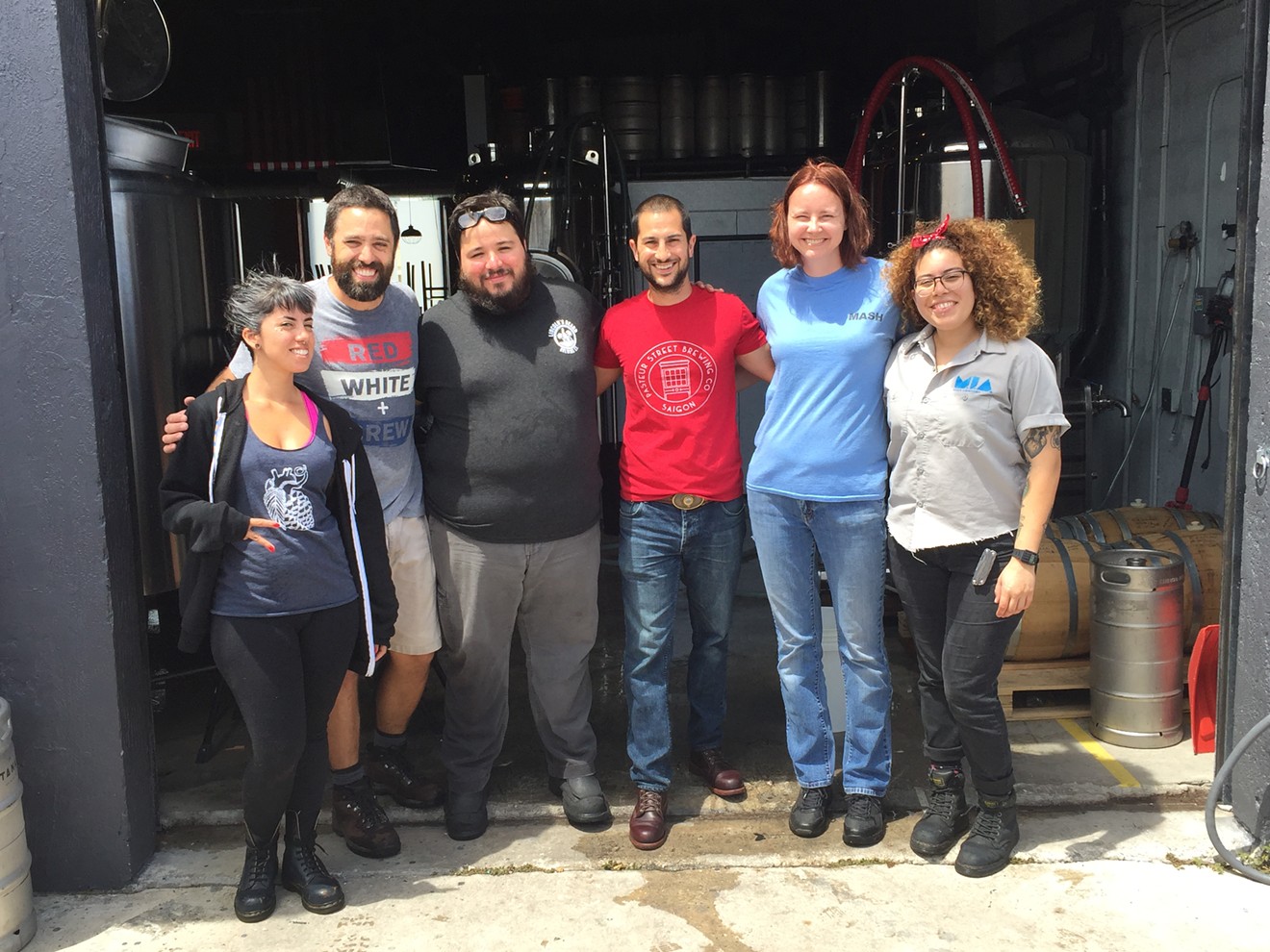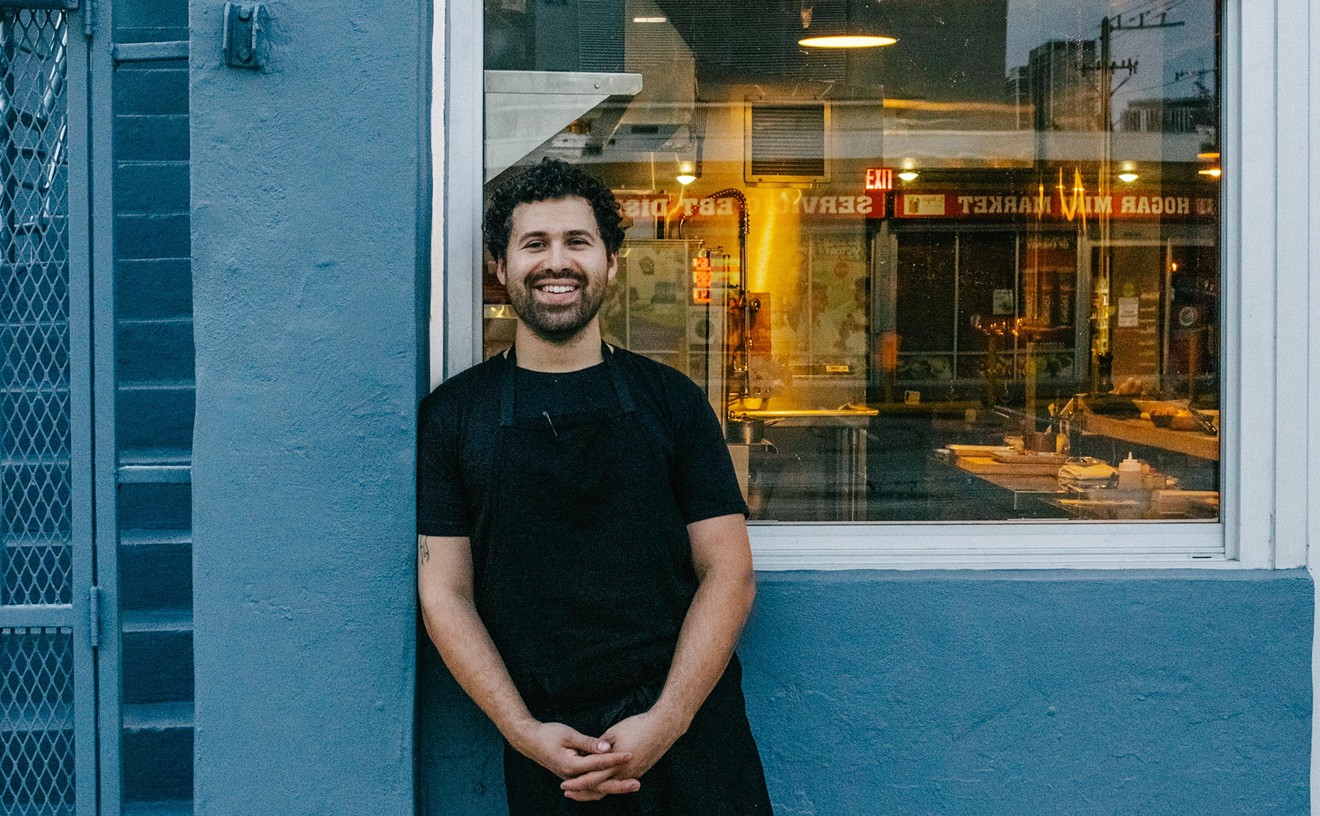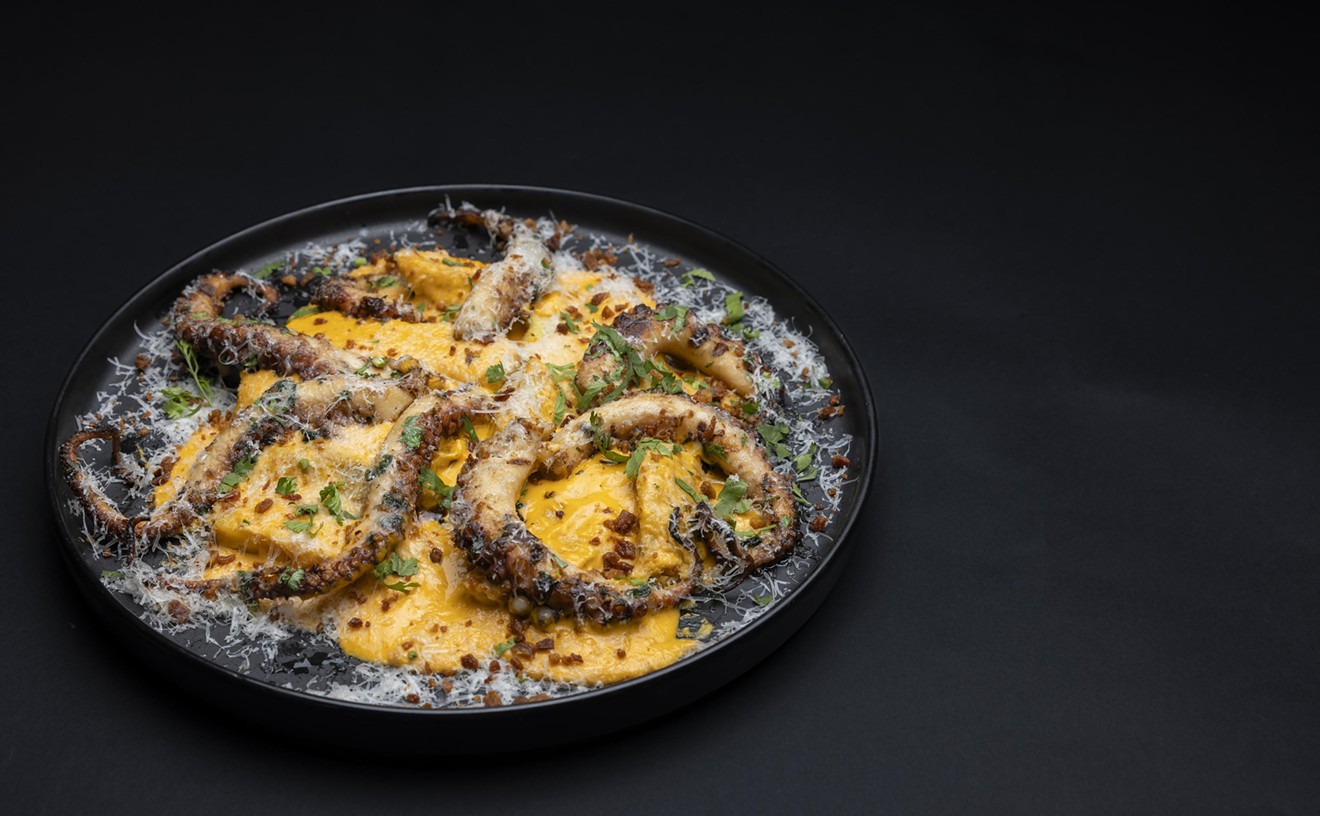Hubner, along with his historian and brewer friends Michael Stein and Peter Jones, is part of Lost Lagers, a Washington, D.C.-based firm specializing in research on American beers from the Colonial era to pre/post-Prohibition. Hubner says the group discovered a recipe for a Florida cream ale buried in the Library of Congress archives
Hubner and Falco got together at last April's Craft Beer Conference in D.C. Falco wanted to brew a historical beer. They decided to revive the old recipe for a fundraising event on May 7 at Lincoln's Beard for the Honor Flight Network, a nonprofit dedicated to bringing World War II veterans to see the national monuments in D.C.
Hubner says Lost Lagers came across the recipe from a number of courses, including the Wahl and Henius brewing handbook published in the early 20th Century. The manual was written by Robert Wahl and Max Henius, two chemists who founded the Wahl-Henius Institute for
The recipe used a 20 percent corn adjunct (commonly used to supplement the main mash ingredient for quicker production, Hubner says) but Hubner had to adjust the recipe slightly to 15 percent corn and 85 percent barley malt for the brewing system at Lincoln's Beard.
"We're dealing with realities of everyone's brewhouse being different," Hubner says. "We worried that if we used a little more corn, we would've just gummed up the system completely."

Southern Brewing Company in Tampa in 1955.
Photo courtesy of the University of South Florida Special Collections Department
The beverage turned into Lincoln's Beard Sparkling Ale. Hubner says sparkling ale was also another name for the cream ale. He calls it an "East Coast thing," drawing a comparison to the steam beer pioneered in California.
Old Florida breweries such as Tampa's Southern Brewing Company, which operated from 1934 to 1957, produced a similar beer back in the day. In 1935, the cream ale was the first American beer to be canned, by a brewery based in New Jersey, and was known as Kruger's Cream Ale.
At the May 7 event, Falco invited all WWII veterans and their spouses to the brewery and honored them with free beers. The event has passed, but the beer is still on tap and Falco says 100 percent of the proceeds will be donated to Honor Flight.
"It made sense to have a beer from the early 1900s," Hubner says, adding that he and Lost Lagers plan to revive more forgotten recipes with other local breweries in the future.
The full recipe for the cream ale and other beers can be found in the Wahl and Henius American Handy-book of the Brewing, Malting and Auxiliary Trades, which can be downloaded for free from the internet.










